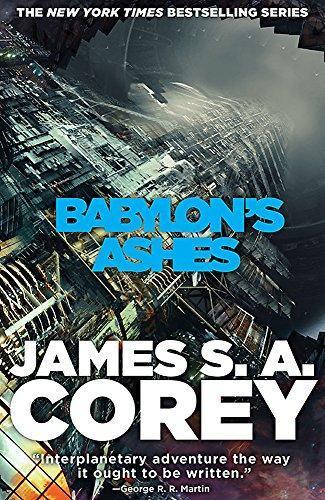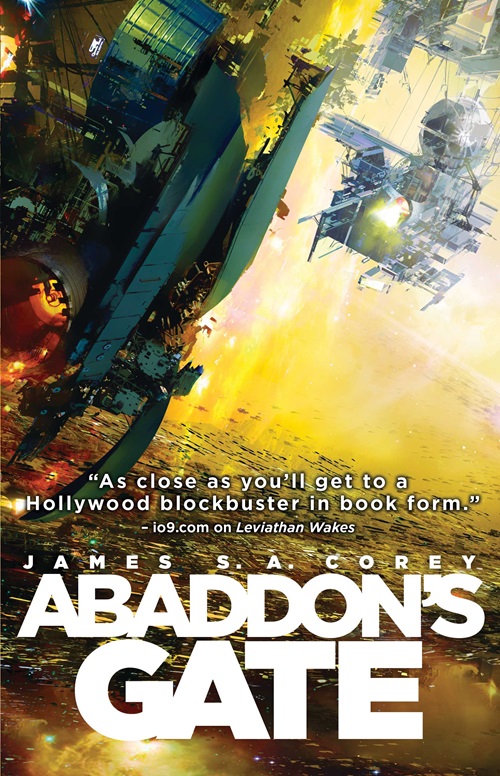I did it. I hate read a novel purely to criticize, but also to see Arlen Bales reach the end of his story. It's a testament to how amazing The Warded Man was, and how much I personally detest the author's values. As the series ends, I feel confident in my critiques, as there's no future plot line that might address these flaws. There are two major problems:
- Moral Bankrupcy
- Worldbuilding through Video Game Logic
Of these two, the former is horrifying and is why I'll never read anything by this author again. The latter highlights how vapid and stupid this fantasy setting actually is.
Moral Bankrupcy
I realized in The Skull Throne that Peter Brett actually believes the Krasians are the protagonists, and nothing in The Core changes this. We are presented with rape, slavery, woman as property, homophobia, might as right, warrior-culture masturbatory wank that is sold as Krasian culture. It praises child soldiers, blind theocratic rule, and detests intellectualism. We are provided numerous Krasian POV, and at some point, you gradually realize that you're meant to be rooting for these people to win. They held to the old ways, and we're supposed to be inspired by their focus on fighting demons.
Then consider the Daylight War. Krasians are pitted against the "fat Greenlanders" and proven to be superior. Of the four societies presented that are non-Krasian, all but the Hollow are casually defeated by the Krasian war machine. All but the Hollow suffer horrific losses against the Demons. Why is the Hollow the exception? Because they adopt a great deal of Krasian customs and treat with the Krasians as brothers (not sisters; remember: woman are property)... anyone who allies themselves with Krasians will suddenly find victory on their side. Even Arlen Bales became half-Krasian to reach his hero status.
The Krasians themselves suffer rare losses, outperforming even the Hollowers in all major Mind Demon-led battles. Their single loss at the end of The Skull Throne was a pyrrhic victory; presented more as the opener for a Krasian civil war (and implied later to be due to demon treachery).
The author is presenting that the Krasian way is superior both against demons, and against other societies.
Worse, by the end of the series, the Krasians never pay for their crimes. I'll avoid spoilers, but from a literary perspective, all deaths of the Daylight War are swept underneath the carpet. We even cheer for Krasian battle victories and the conclusion between all countries is childish in its simplicity.
Beyond the author's presentation of Krasia as a positive force, I feel it necessary to point out that both LGBT couples in this series happen to be untrustworthy, treacherous, and eventually killed or paralyzed for their evil life choices. Said named characters spend this book seeking forgiveness, and I find it difficult to overlook the decision to paint them in such a terrible light given Krasia's rampant homophobia. Am I saying the author is a closet homophobe? Yes.
Worldbuilding through Video Game Logic
At first, I believed this to be an excellently crafted world. By the end of The Core, I've come to realize that this series is just a video game JRPG. There is actually a last dungeon that leads to the demon boss, complete with a final city before the dungeon entrance, AND a place of rest and safety inexplicably near the end (so that you may save your game, dear player). From this viewpoint, all the weaknesses of worldbuilding in this series become obvious:
Peter Brett is writing a video game.
There's no worldbuilding. There's no thought about societies, economics, the exchange of ideas, or even people acting as people while off-screen. You see this primarily through the power creep as the series progresses: abilities that were rare suddenly become as common as firewood without any explanation.
Wards used to be difficult to draw and require people spend years of training, and even then they get it wrong. By the time of The Core, people are sketching wards in the air to generate magic spells within a week of being taught "secrets". There's a scene where barbarians are shown the fighting wards and they draw it on all their spears without any failure and go fighting demons within minutes. Considering the whole culture of Wards was critical to the story in The Warded Man, making it so that Arlen's legendary proficiency becomes standard amongst unnamed Krasian damas by the end of the series is a sad affair.
Then come the magic-technological advances... warded glass and electrum were revealed in books 2 and 3, and somehow both sides have access and are mass producing this stuff for trained mooks within months by book 5. Former critical secrets are inexplicably commonplace, so that everyone can read emotions, hide from demons, and cast spells by drawing in the air. Many of these advances occur when there's no possible communication between two different peoples, and yet competing armies will soon have access to every powerup. This is video game logic: Item Unlocked. Spell Learned. Upgrade Completed.
I'm not even going to get into the lack of industry: mining operations, smelting, blacksmithing, cokeries, assembly lines. The muskets were hilarious given this is pre-Industrial revolution. There's no factories in this universe, and we've got entire platoons of fully trained soldiers appearing in secret.
And then there's the final dungeon... listen, if you've played these video games, you know all the super strong monsters are down there. This book shouldn't be a video game novelization, so these monsters should have some sort of ecological system, or impact across the wider world that foreshadowed their existence. Not only are they sufficiently powerful to challenge our legendary heroes, they're so powerful you have to wonder why they're hidden away, locked behind weaker demon mooks. There's no need to wonder in a video game, but in a self-serious novel like this one? Video game logic drives this setting.
Summary
I came into the Demon Cycle with high hopes because The Warded Man felt like a triumph of worldbuilding. But the author fell in love with his own Krasian culture and spent the next four books writing about them, their history, and their superiority. That he spent thousands of pages metaphorically wanking it to his Desert Supermen instead of spending time writing events so that everyone could be a competent warder, armed with the best of magic and technology, resulted in hilarious video game logic that makes these novels read like the work of a teenager.
I'd love to spend word count talking about the disaster of this closing novel, especially about the promotion of three side characters into main characters without any of the writing skill necessary to make the reader emotionally attached. I'll take a moment to warn you that there's an entire subplot dedicated to graphic torture, with castration and mutilation aplenty. But I've gone on long enough.
Seriously, the author has written a mysogynistic and homphobic book that puts Krasians on a pedestal, asking you to cheer for their superior values of Might as Right, and asks you to approve casual slavery and torture along the way. It's indefensible.
Not recommended.





















